Land ownership in Singapore – here is everything you need to know
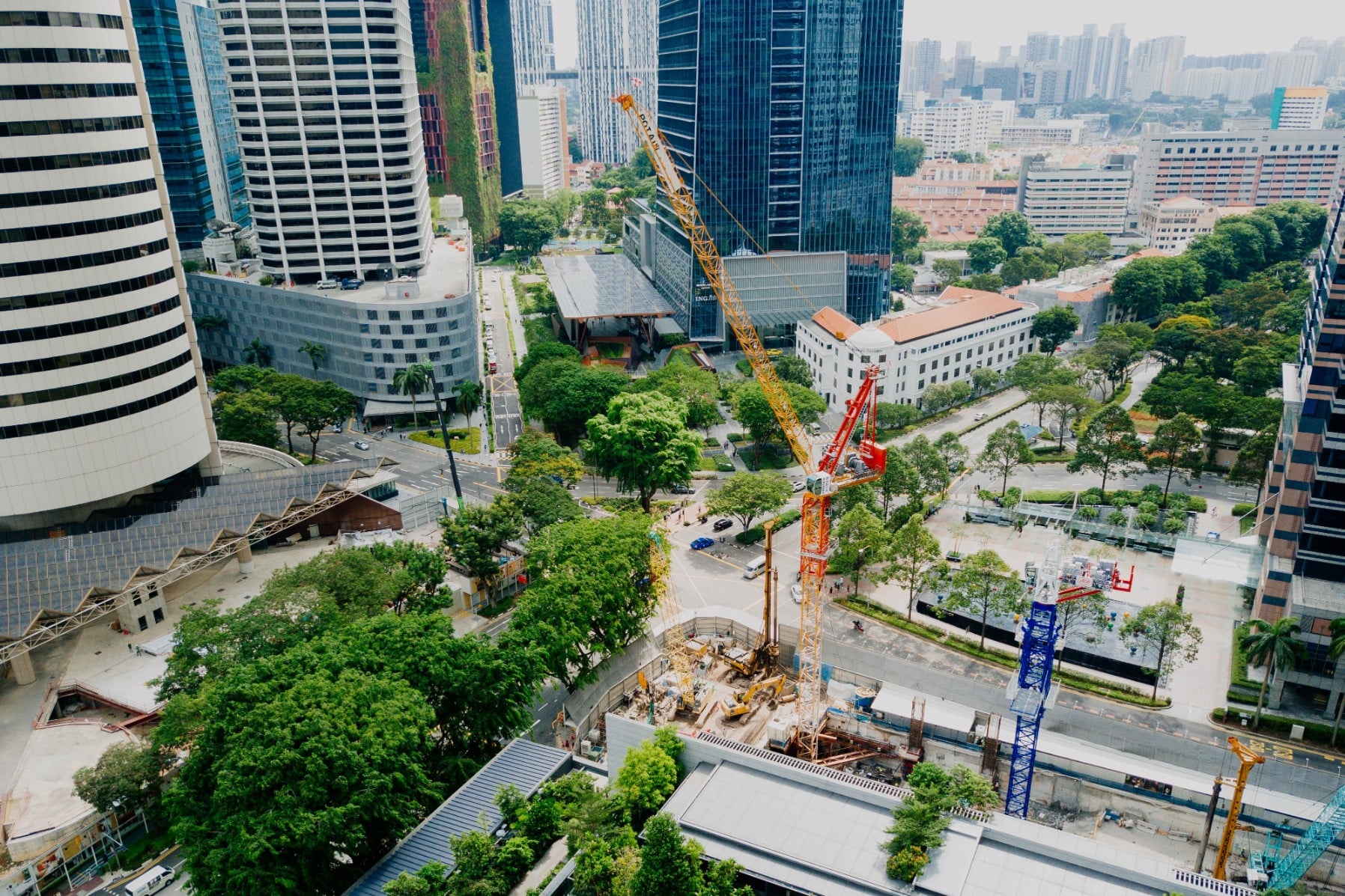
Get The Property Insights Serious Buyers Read First: Join 50,000+ readers who rely on our weekly breakdowns of Singapore’s property market.
It is no secret that Singapore is a very small country. In case you did not know, the total land area of Singapore is only 721.5 square kilometres (as of 2017) making it the 192nd-largest country in the world. In fact, Singapore is so small that you could walk from one end to the other in a day, all 46 km of it. So it goes without saying that land is a very valuable commodity, and the lack of it is a major reason to the high property prices (and constant clamouring over land ownership in Singapore).
Thus land reclamation has been an important project since we became an independent nation. Through this, Singapore has managed to grow in size from 581.5 square kilometres in 1960 to its current size today, an increase of 25%! If you would like to read more on Singapore’s land reclamation story, Biblioasia has a great account on it.
History of land ownership in Singapore
So after Singapore gained independence in 1965, there was an immediate need for the Government to make a stand on the land ownership in Singapore ruling as they needed land for their developmental projects. In June 1967 the land acquisition act came into effect and this gave the Government the power of compulsory land acquisition for the reason of public development. This also regulated the amount of compensation to landowners who had their properties acquired by the Government. Meaning that the compensation was on the basis of the land’s pre-development value, just imagine that! Not surprisingly, the land acquisition act allowed the Government to acquire land quickly and they were able to gain a total of 177 square kilometres of land, which was about one-third of the total land area of Singapore in 1984. By 1985, the Government had the biggest land ownership in Singapore at 76.2 percent.
More from Stacked
96 Million-Dollar HDBs Sold In June: Who Is Buying?
So it’s not too surprising that the number of million-dollar HDB flats hit another consecutive high in June, at 96…
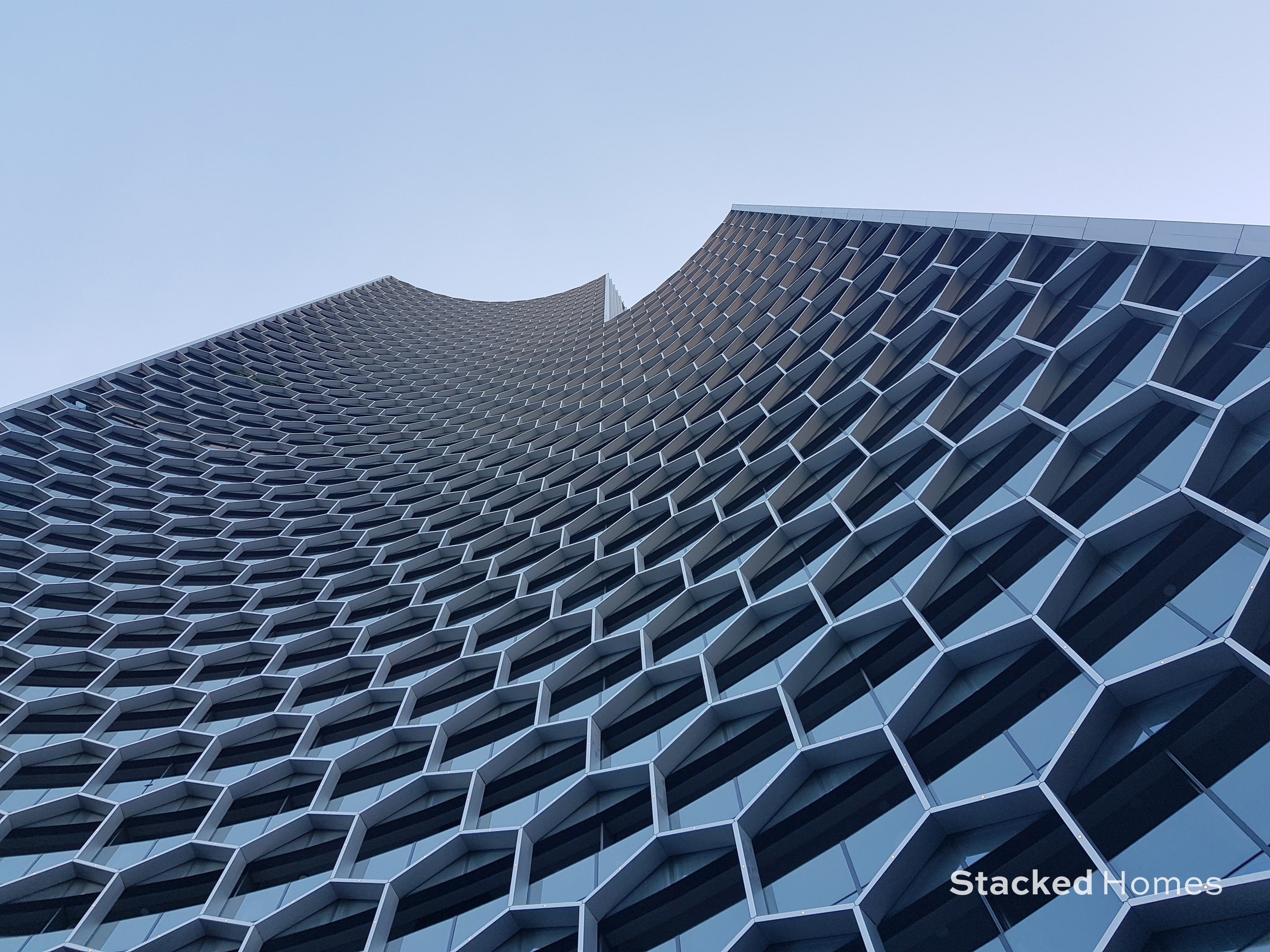
Homeowner StoriesA Tale of Two Properties: How My Leasehold Property is worth $300k More Than a Friend Who Bought a Freehold Property
by StanleyHow is land ownership in Singapore classified?
Now you know the history behind the land ownership in Singapore we will now delve into the different classifications of land ownership. Due to the origins of the land law in Singapore, all land ultimately belongs to the state and you can only own an estate or some lesser interest in the land. So under the State Lands Act 5 types of grants of land may be made by the state, namely:
- estates in fee simple
- estates in perpetuity
- leases
- temporary occupation licences
- tenancy agreements
Land ownership in Singapore is basically split into 2 categories: freehold and leasehold.
Freehold land
In simple terms, freehold land owners will own the land title forever. There is no expiration date to it. This is obviously the most valuable and sought after land status in Singapore.
Leasehold land
Leasehold land differs from freehold in that it has an expiry date. The two most common in Singapore would be the 999-year and 99-year. Although the former is getting increasingly rare in Singapore. Leasehold land can have different tenures depending on what was set, so it can be anything from 30 years to some that are 110-year leases.
As always, feel free to leave a comment below or you can always reach out to us at hello@stackedhomes.com!
Stanley
Stanley loves crunching numbers in excel and analysing them. Naturally, he helps Stacked Homes generate articles based on his analysis as much as he can. When he's not using Excel, he enjoys watching movies and eating chocolates.Read next from Property Market Commentary
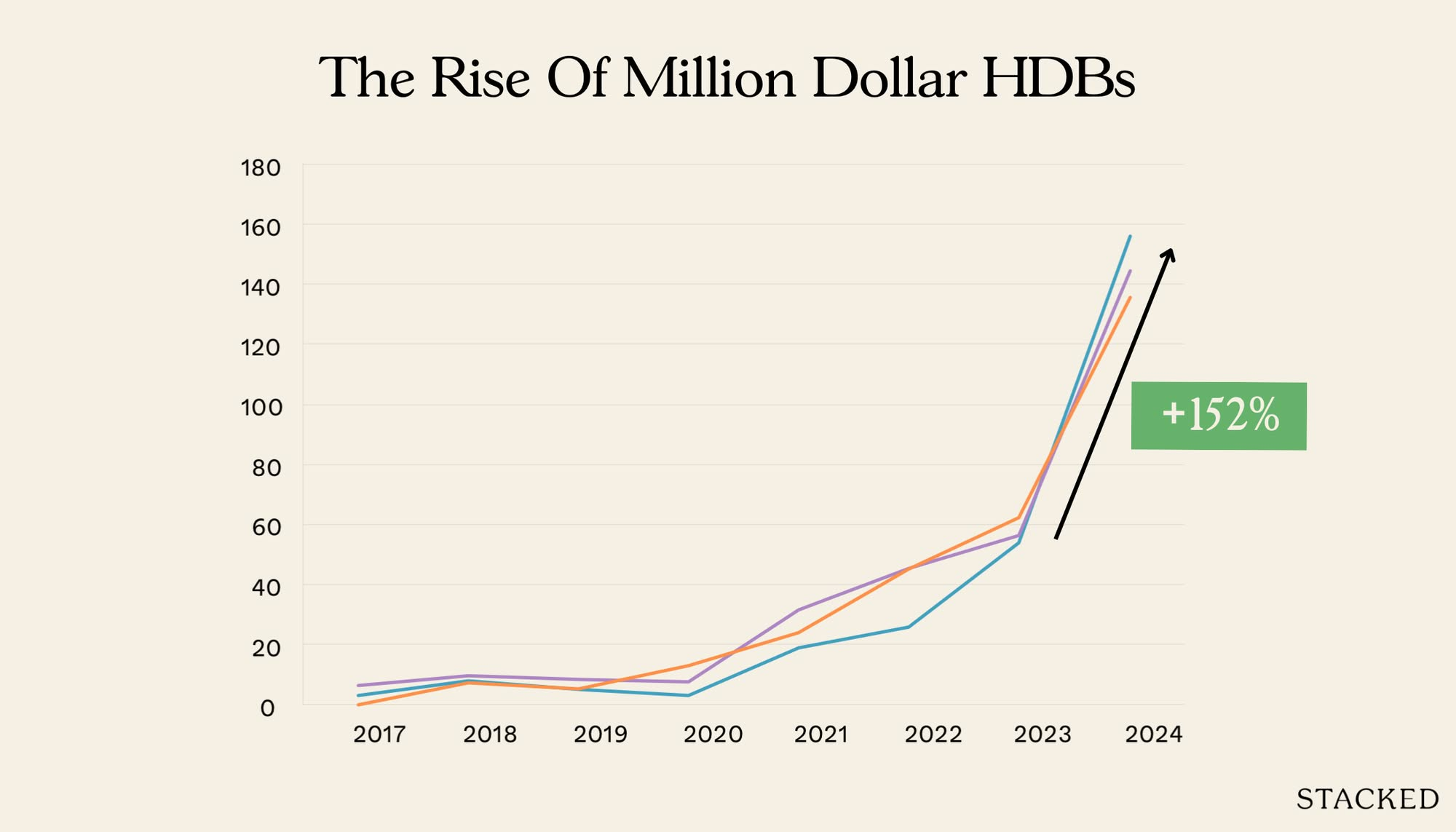
Property Market Commentary We Tracked The Rise Of Million-Dollar HDB Flats By Estate — And The Results May Surprise You
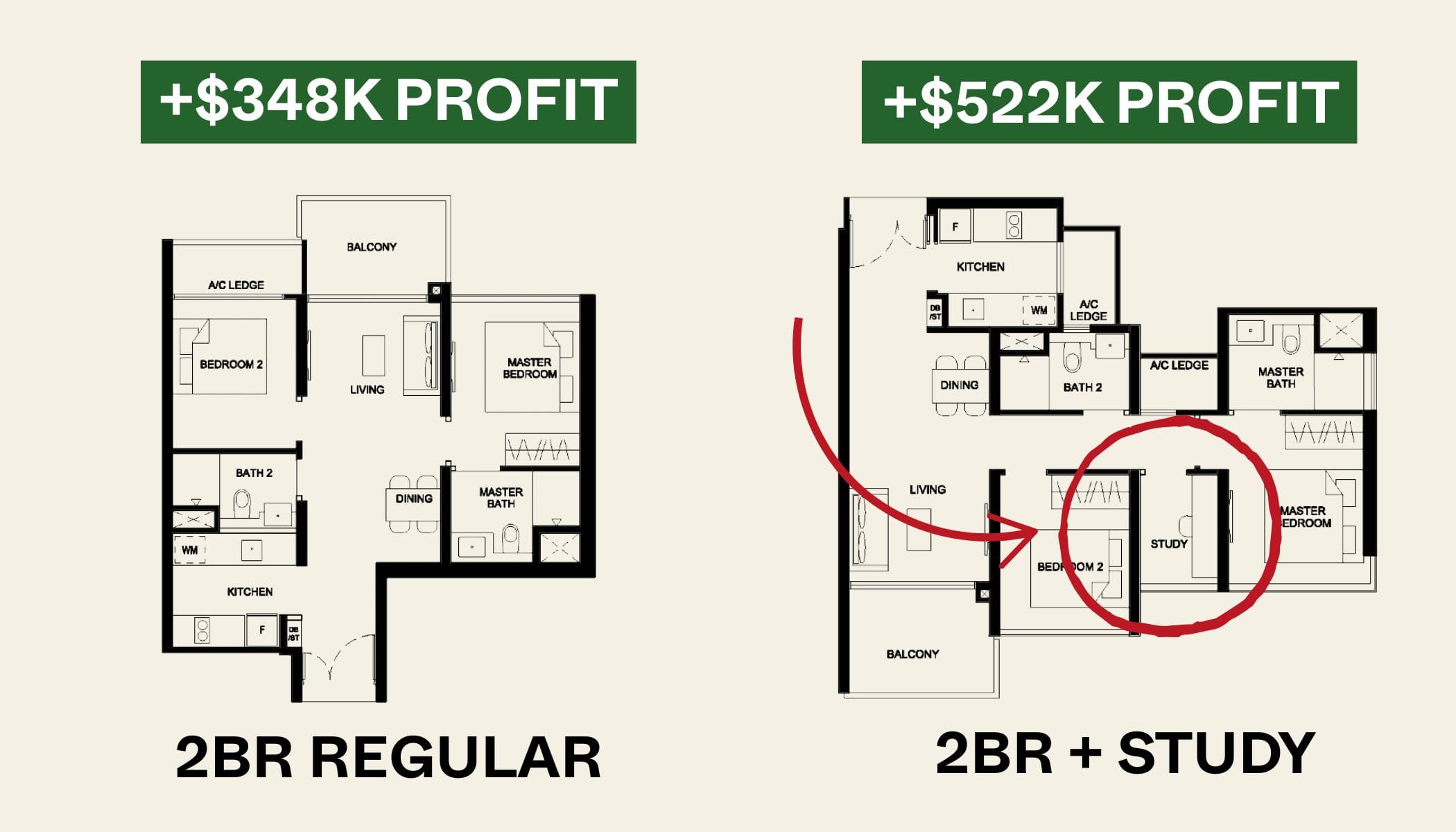
Property Market Commentary 2-Bedder vs 2+Study Units: Which Condo Layout Has Better Returns Over The Last Decade?
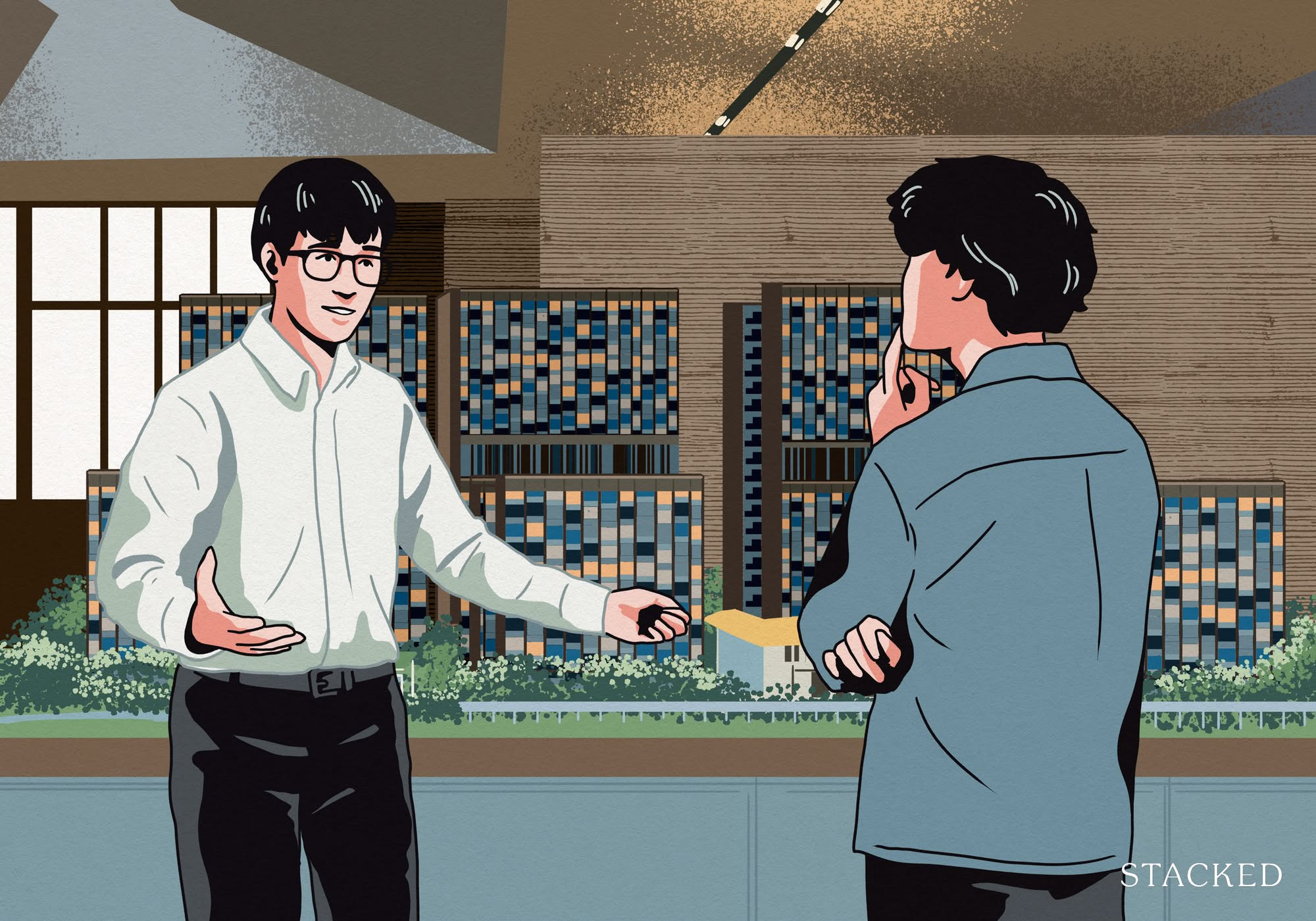
Property Market Commentary A First-Time Condo Buyer’s Guide To Evaluating Property Developers In Singapore
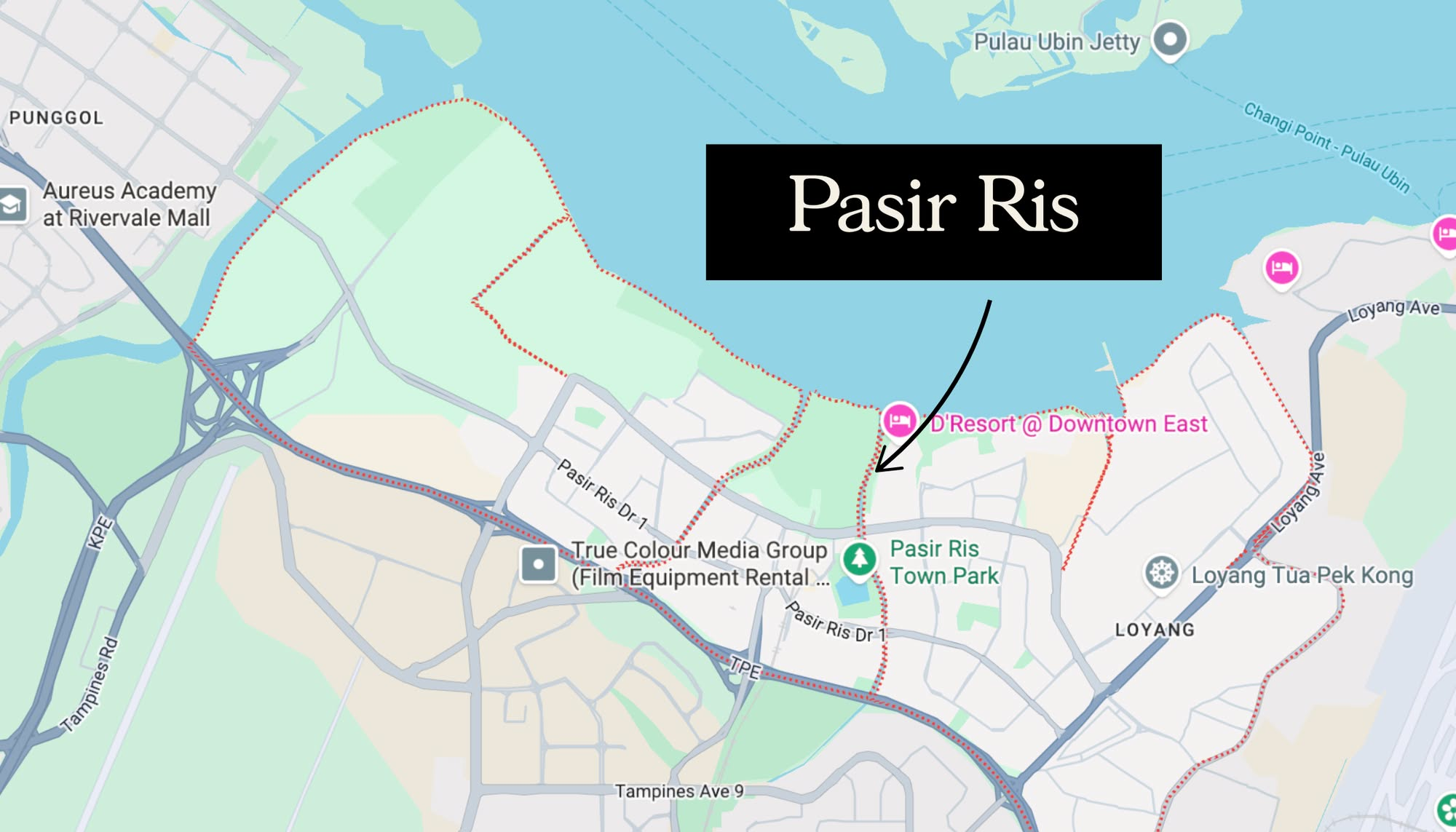
Property Market Commentary Why More Young Families Are Moving to Pasir Ris (Hint: It’s Not Just About the New EC)
Latest Posts
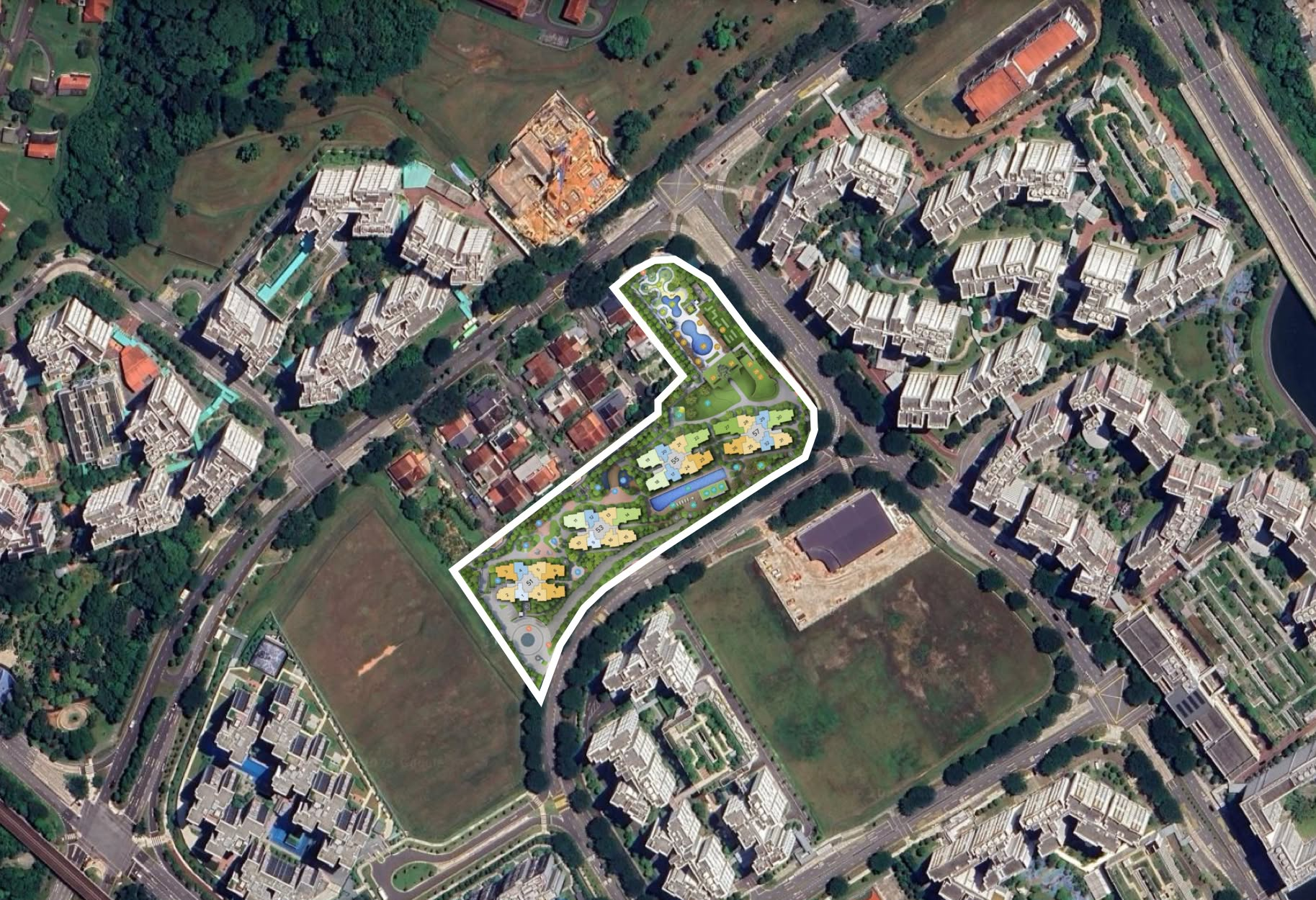
New Launch Condo Analysis This New 376-Unit Condo In Sembawang Might Be The Best Pick For Young Families: Here’s Why
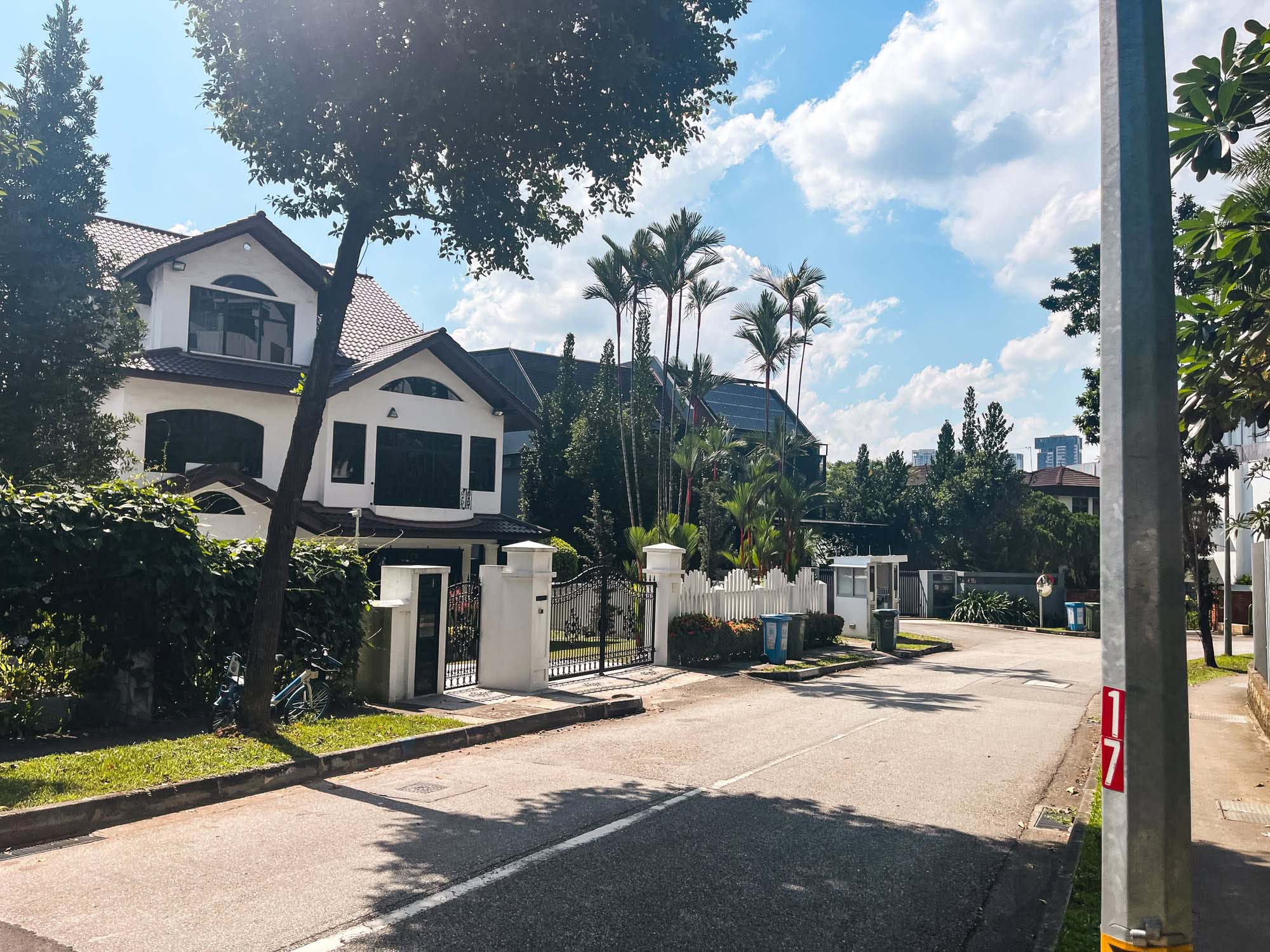
Landed Home Tours Where To Find Freehold Semi-D Landed Homes From $4.4m: Touring Gilstead Road
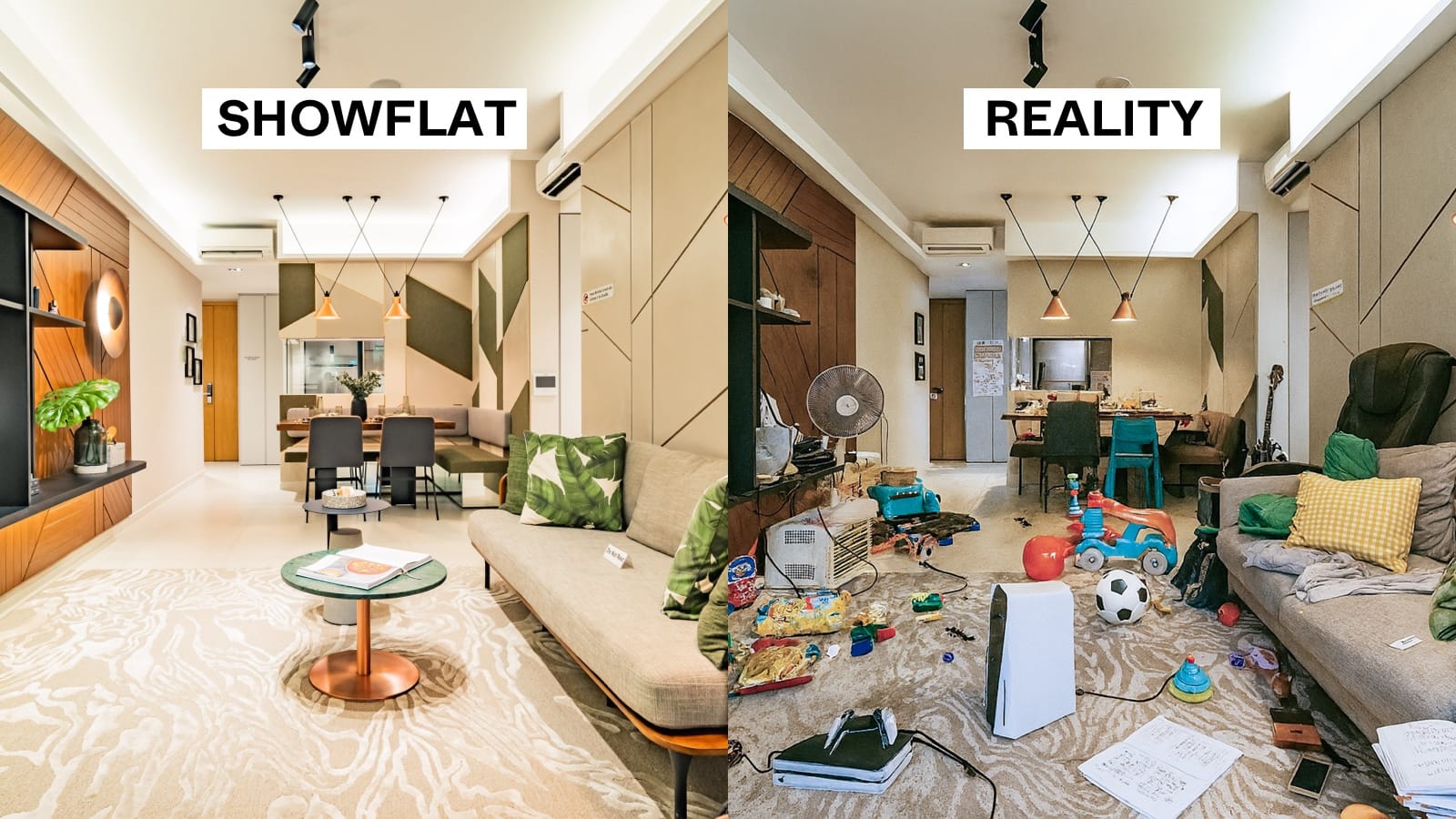
Singapore Property News The Trick to Seeing Through a Condo Showflat (Most Buyers Never Do This)
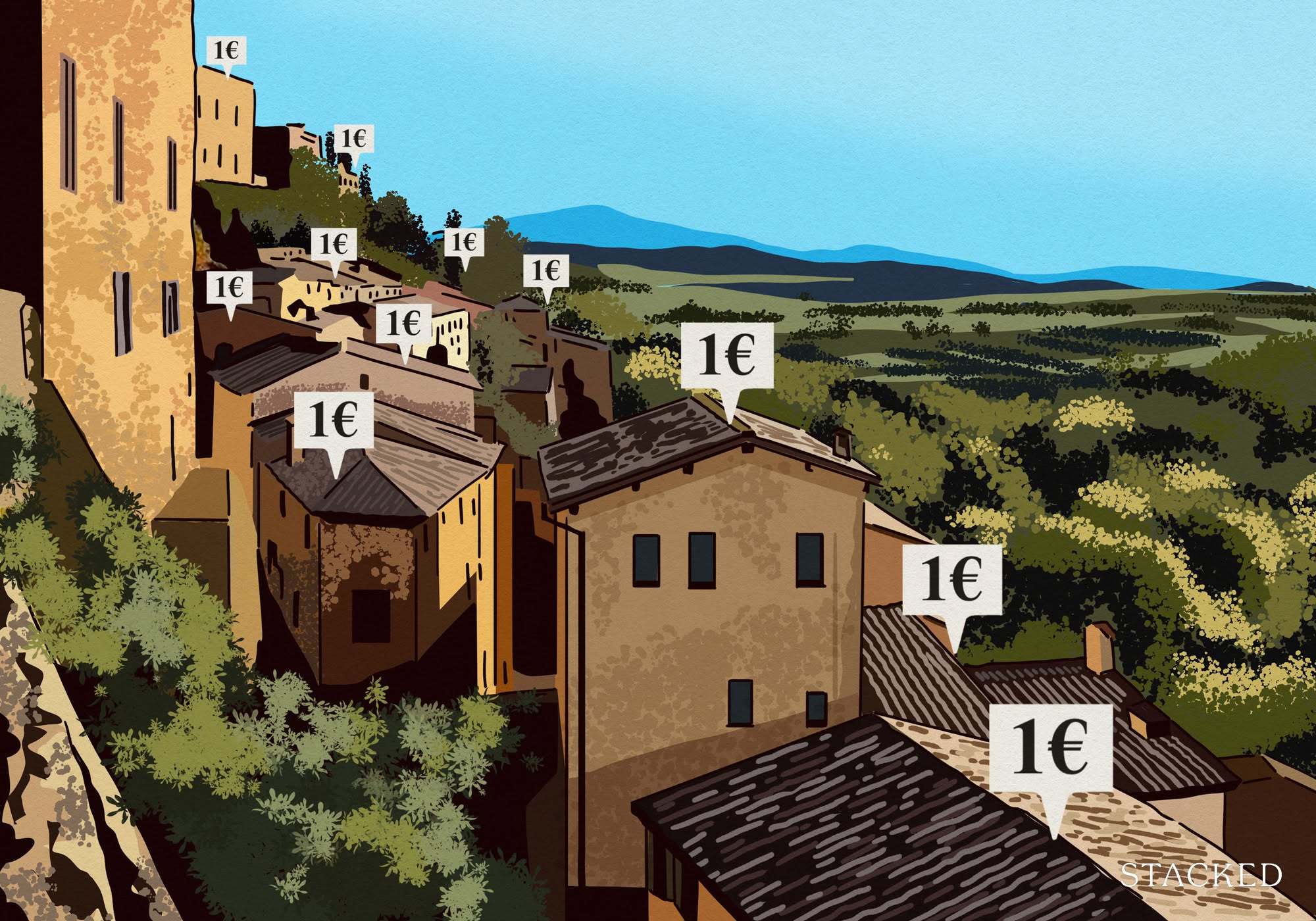
Overseas Property Investing Can You Really Buy A House In Italy For €1? Here’s What Singaporeans Should Know
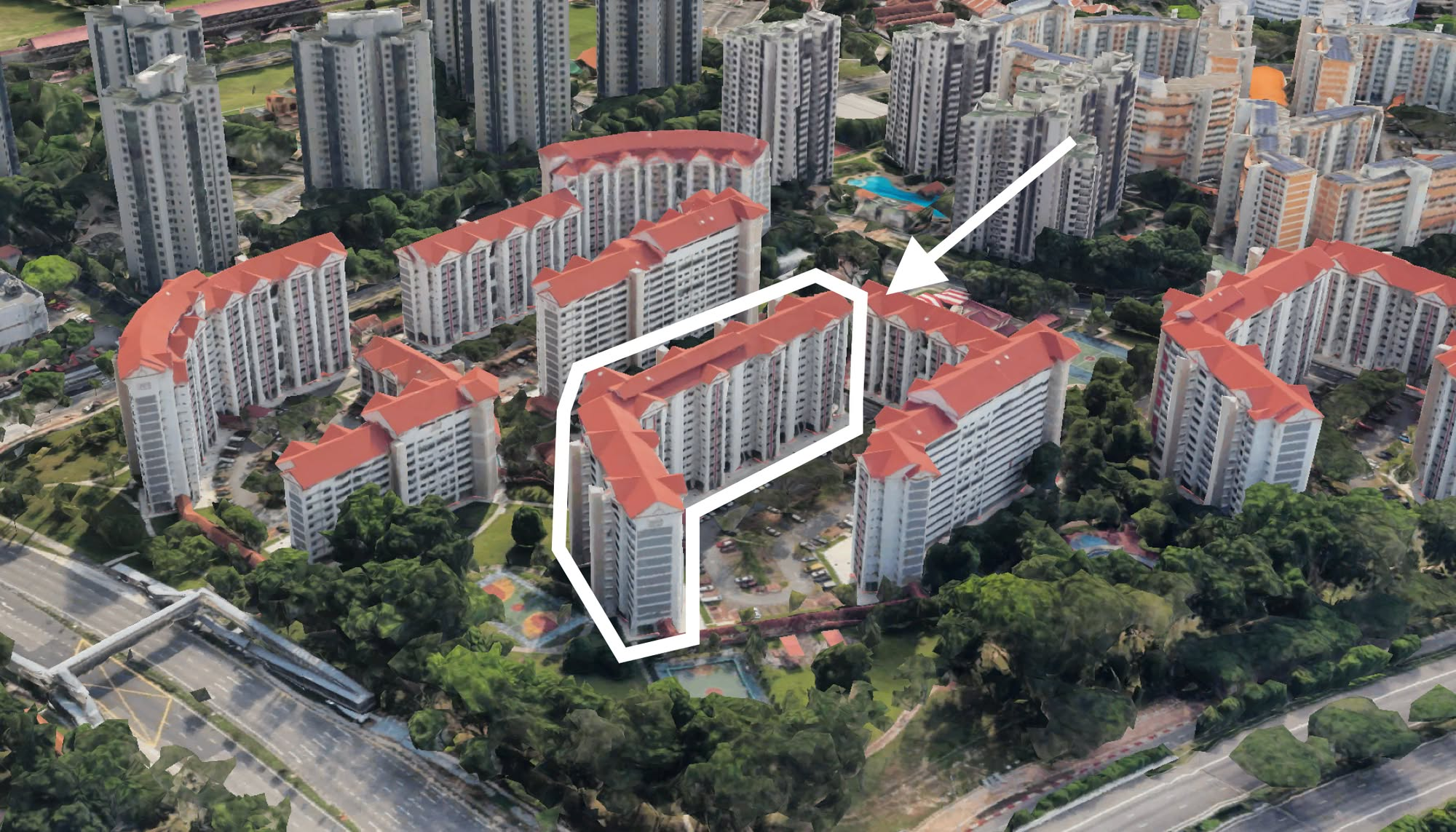
On The Market 5 Cheapest 5-Room HDB Flats Near MRT Stations From $550k
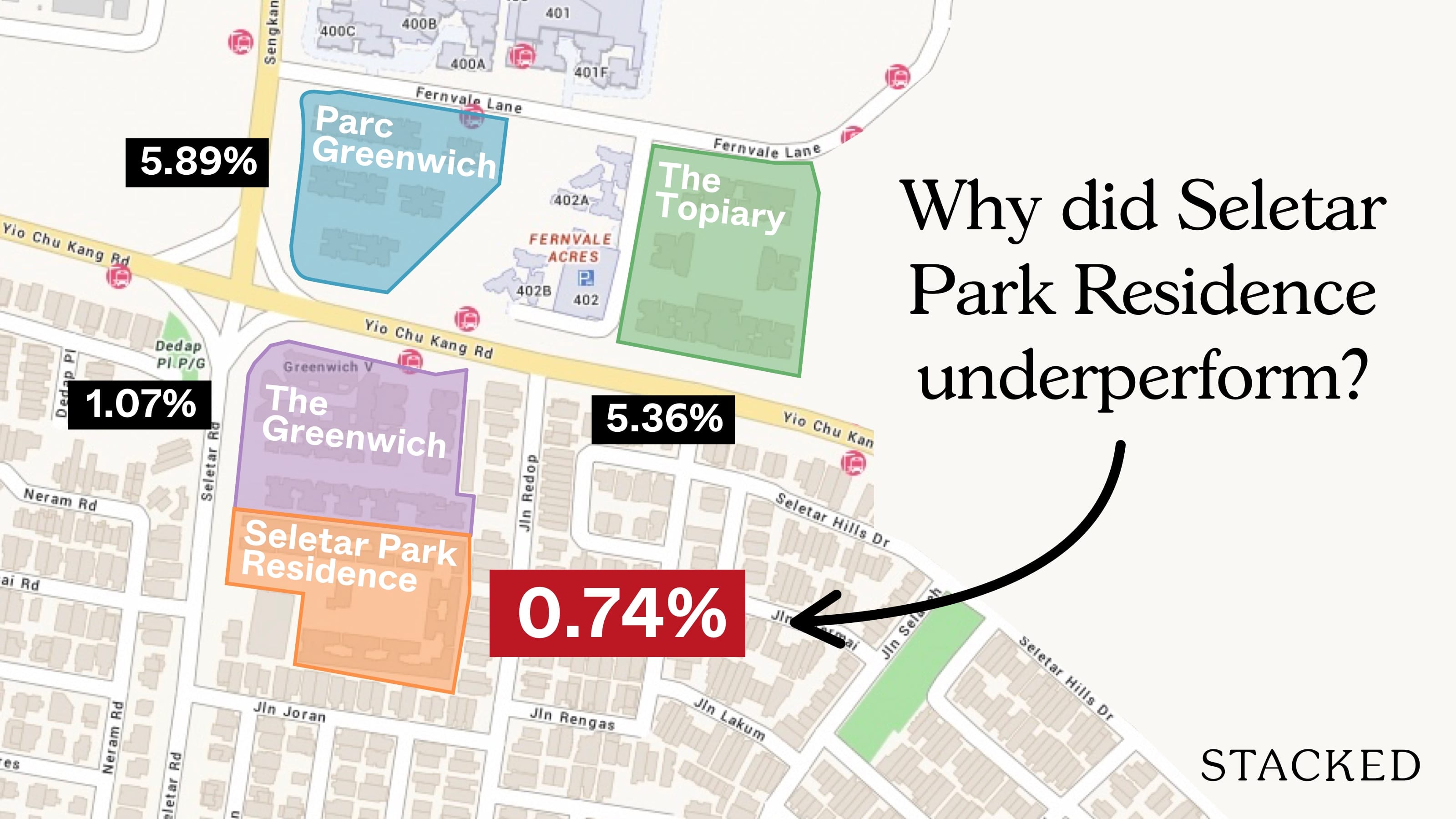
Pro Why Seletar Park Residence Underperformed—Despite Its District 28 Location And Large Unit Sizes
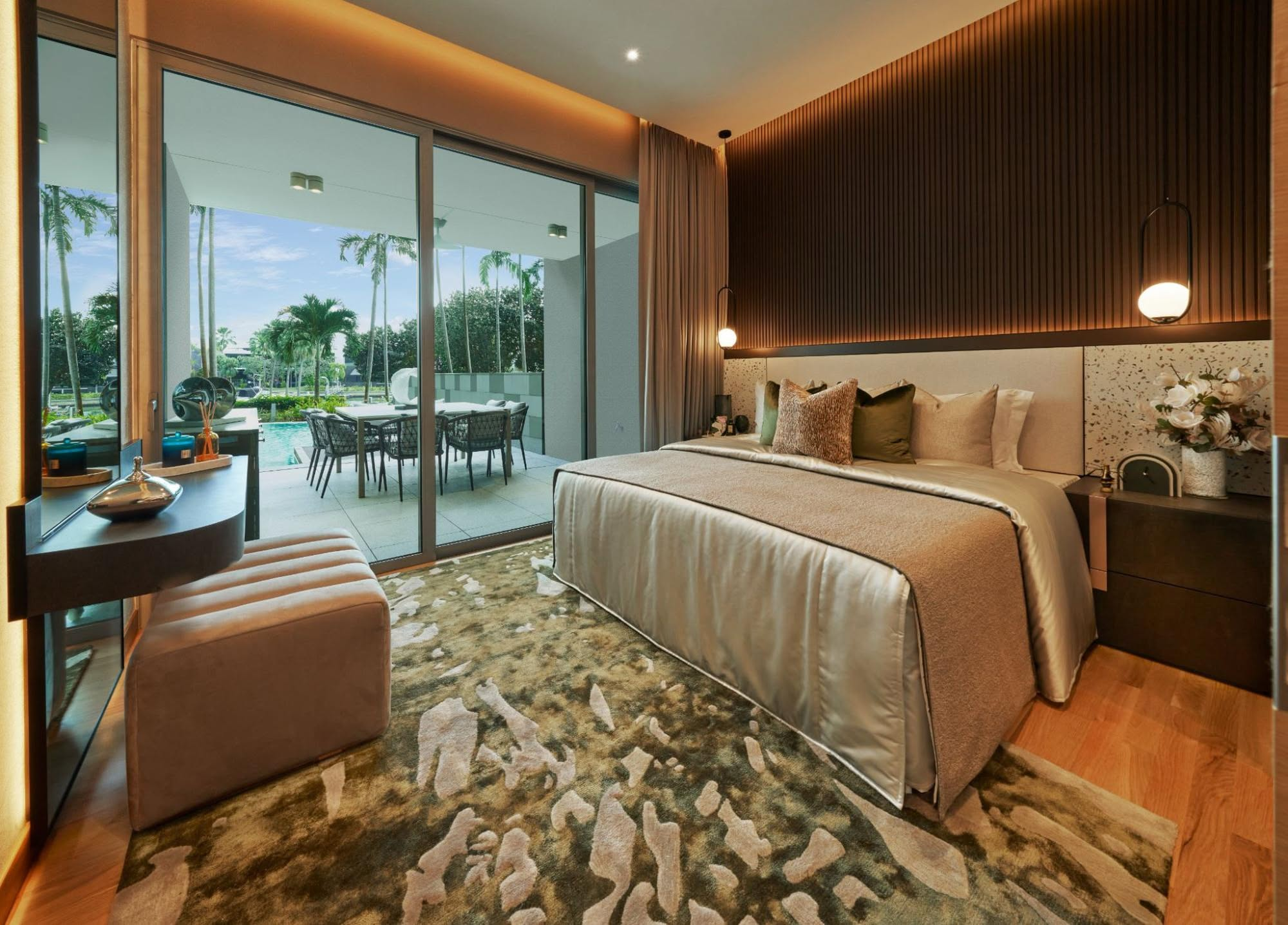
On The Market Inside A Luxury Waterfront Home at The Residences At W Singapore Sentosa Cove
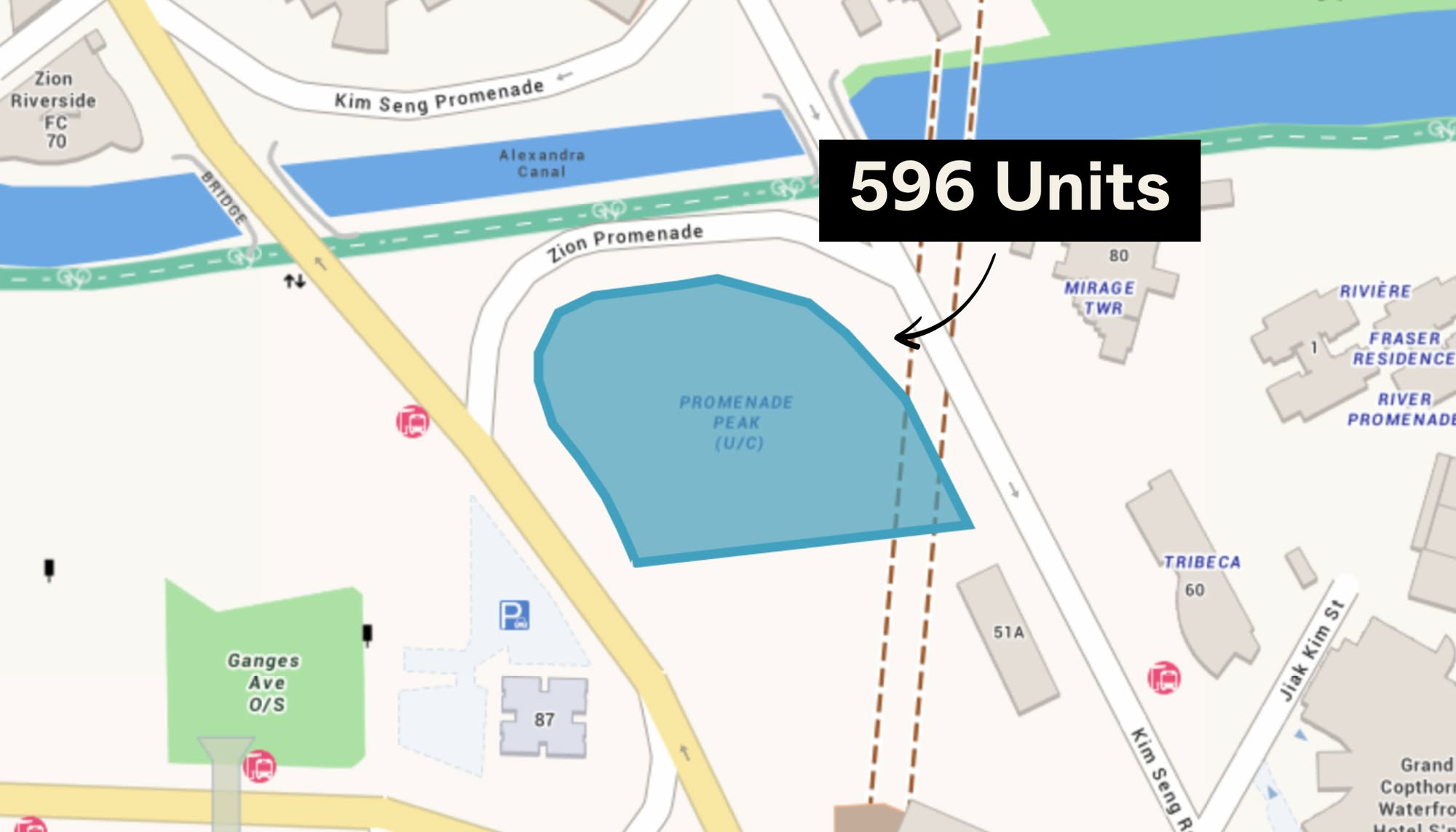
New Launch Condo Analysis Singapore’s Tallest New Condo Comes With the Highest Infinity Pool: Is The 63-Storey Promenade Peak Worth A Look?
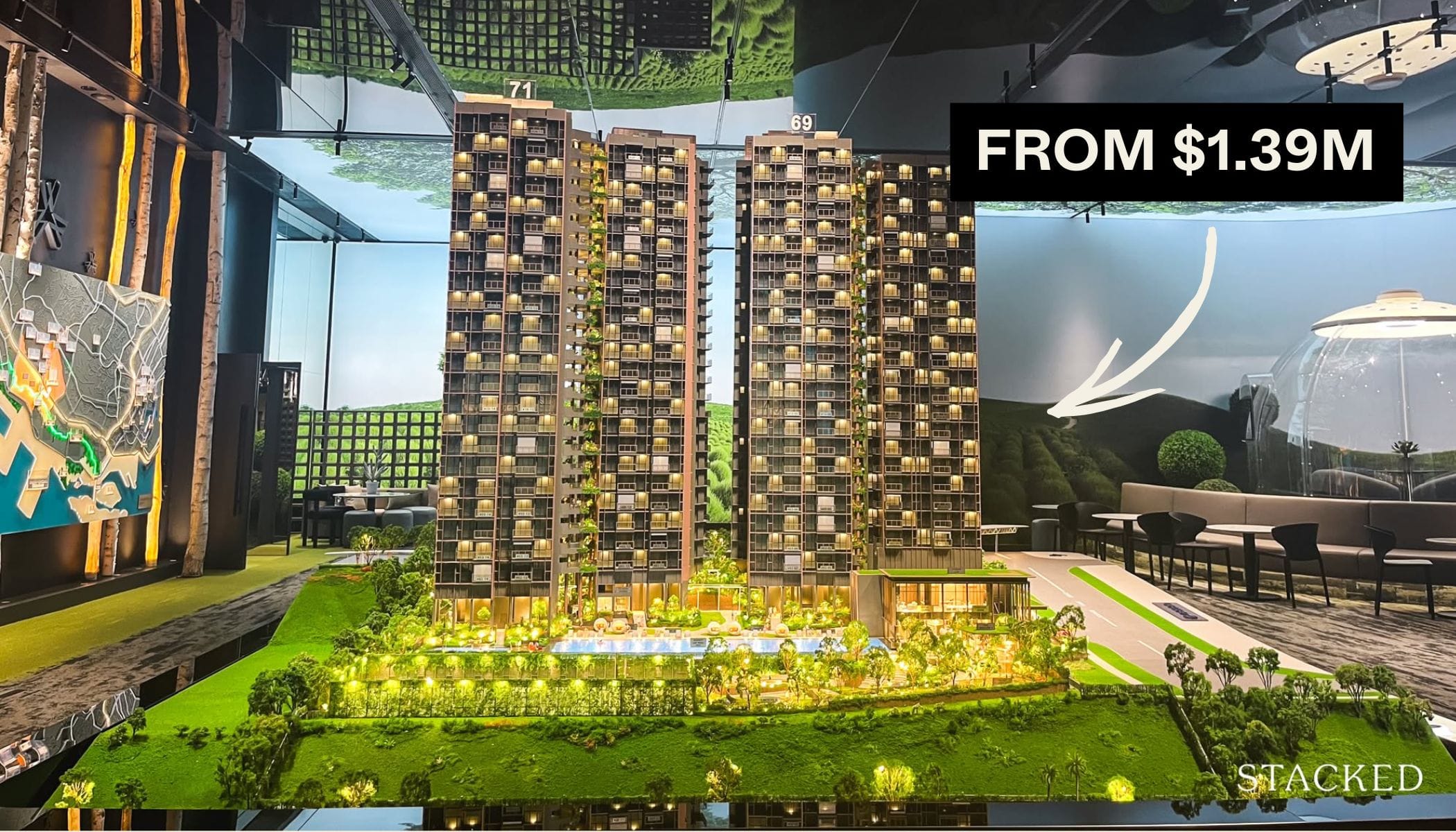
Editor's Pick LyndenWoods Condo Pricing Breakdown: We Compare Its Pricing Against Bloomsbury Residences, Normanton Park & One-North Eden
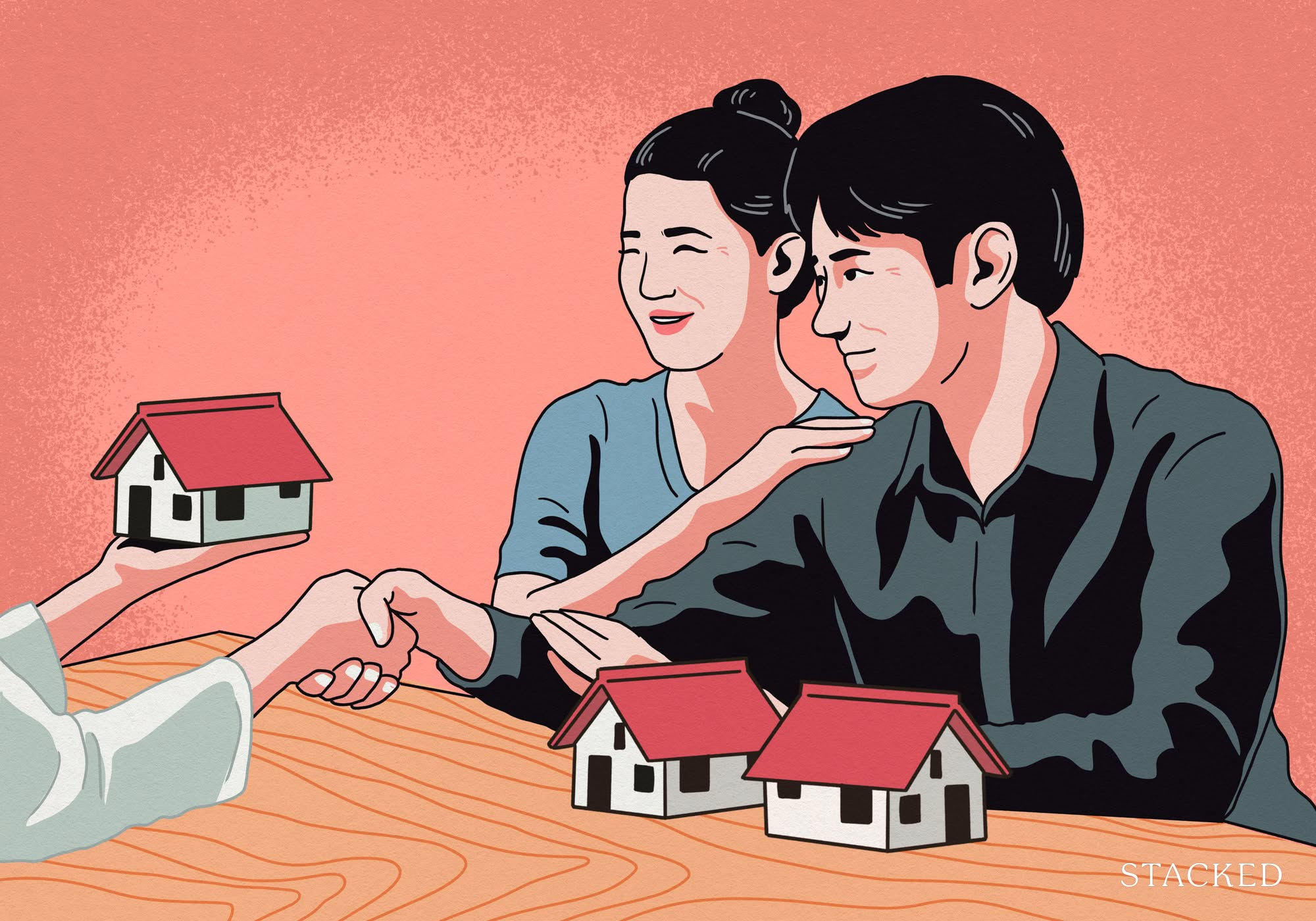
Homeowner Stories Does The “Sell One, Buy Two” Strategy Still Work In 2025? 3 Real Stories From Singapore Homeowners
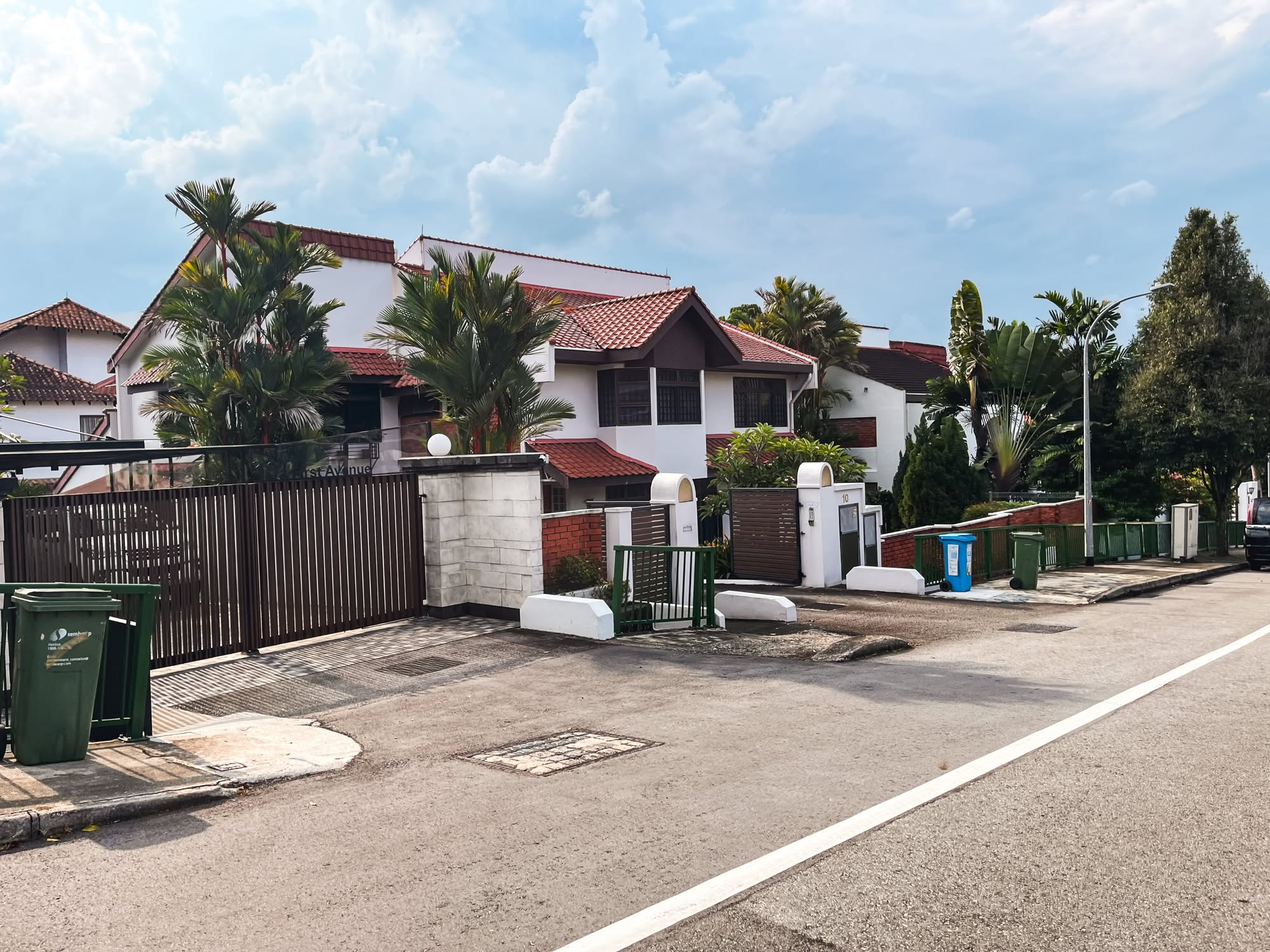
Editor's Pick Where $4 Million Semi-Ds Sit Next To $40 Million GCBs: Touring First Avenue In Bukit Timah
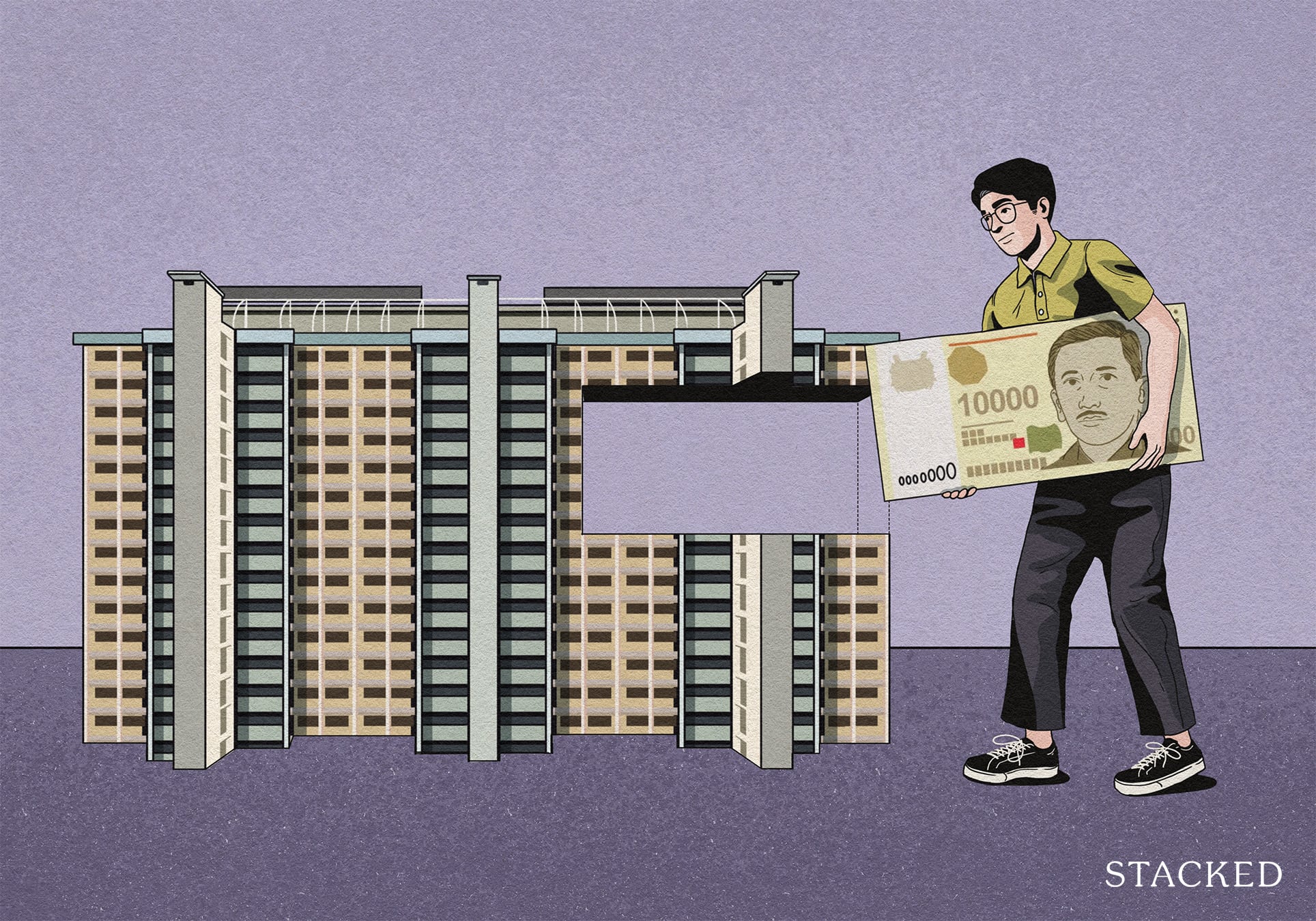
Singapore Property News So Is The 99-1 Property Split Strategy Legal Or Not?
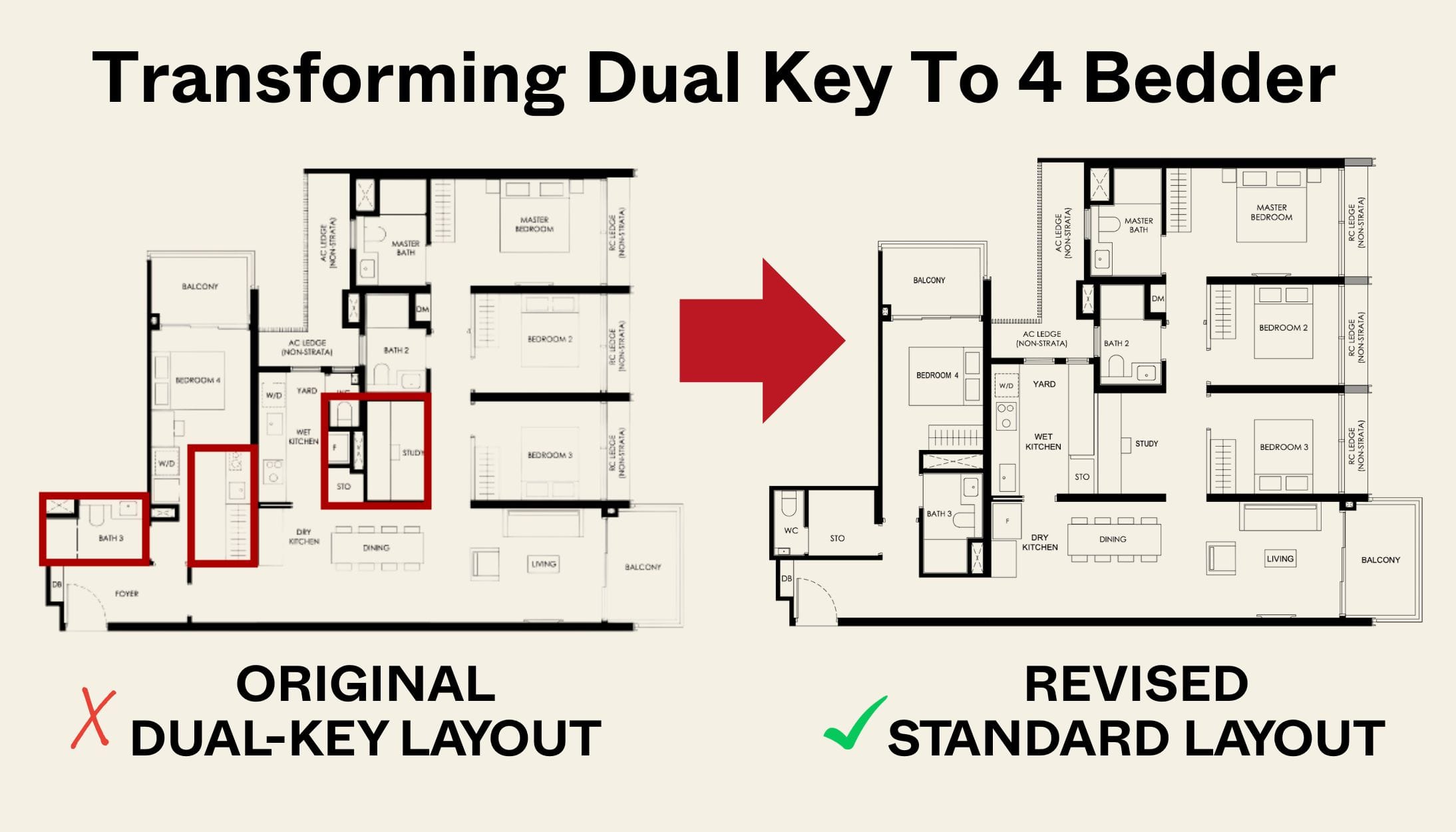
New Launch Condo Reviews Transforming A Dual-Key Into A Family-Friendly 4-Bedder: We Revisit Nava Grove’s New Layout

On The Market 5 Cheapest HDB Flats Near MRT Stations Under $500,000
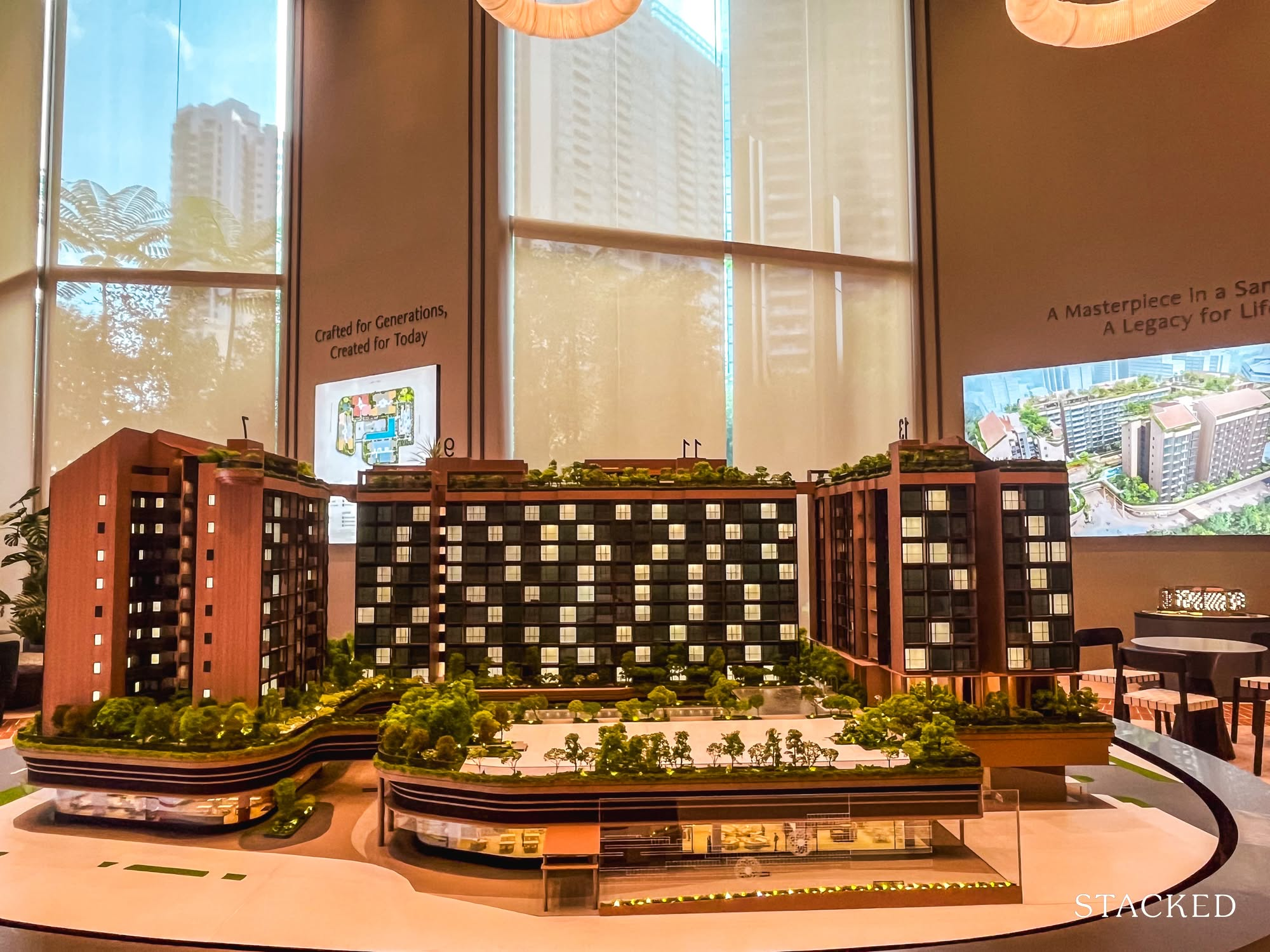
Editor's Pick The Robertson Opus Review: A Rare 999-Year New Launch Condo Priced From $1.37m
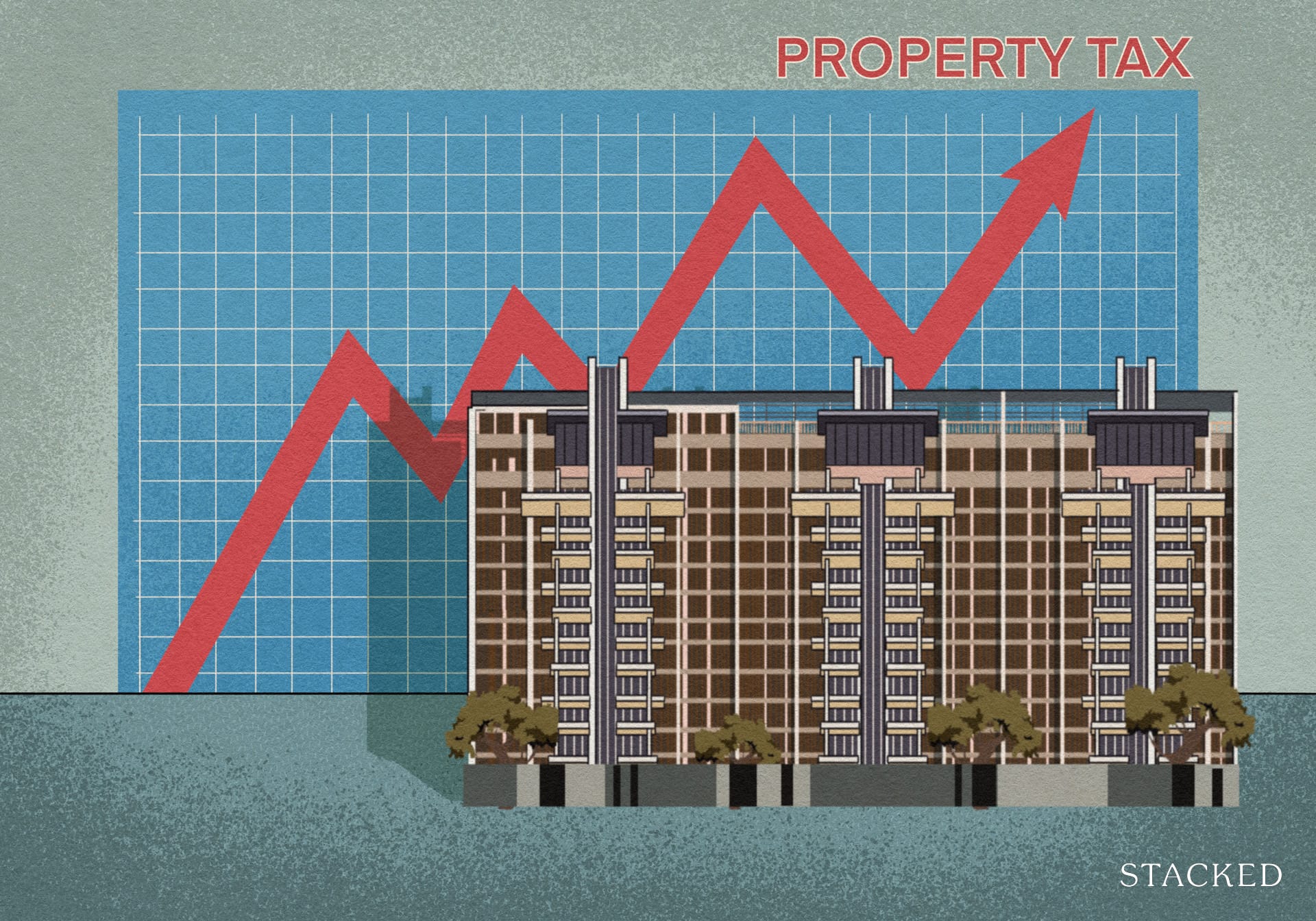


Hi Stanley
for residential 99 years lease landed property, so far in Singapore, is there any example of a property that the lease expire. what actually happen when the lease expire? do we need to remove all movable items? what is the handover process like?
[…] Land Purchase Act went effect in June 1967, giving the government the authority to acquire land for public infrastructure development by forced acquisition. The compensation paid to landowners’ properties was […]